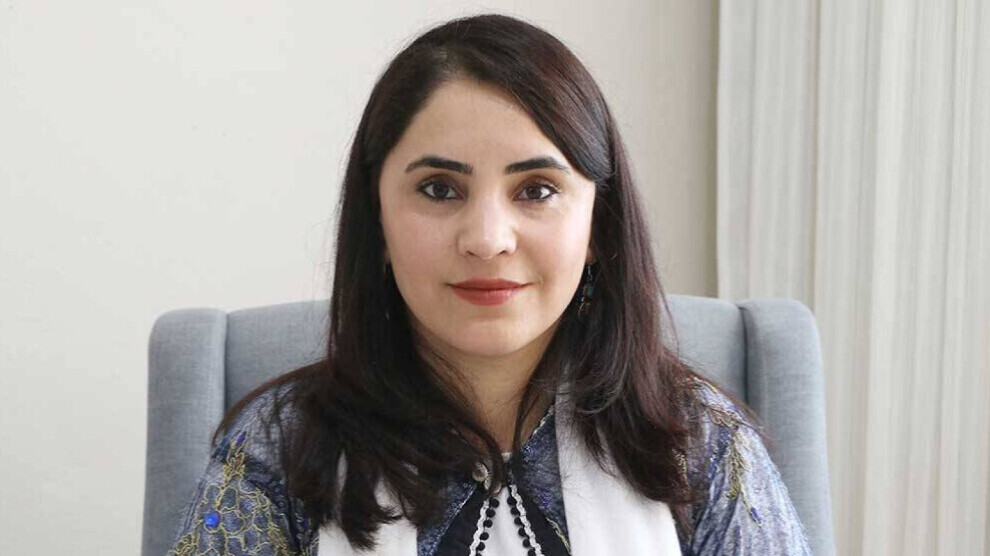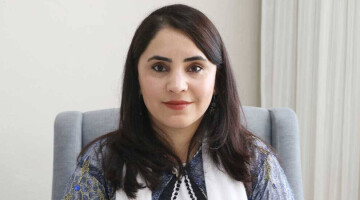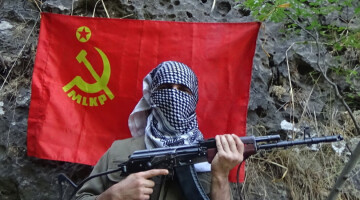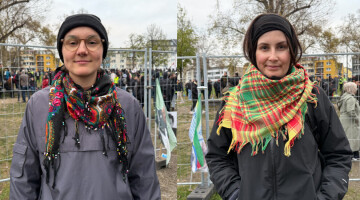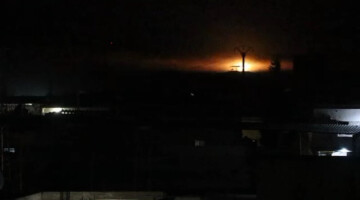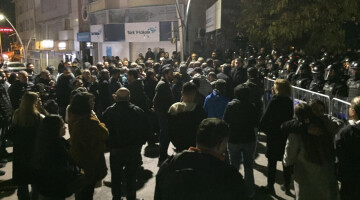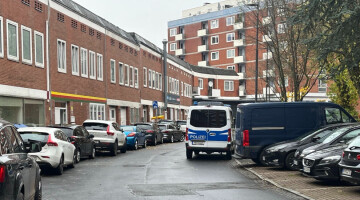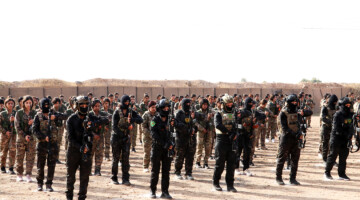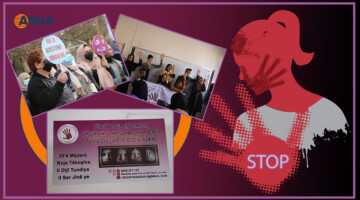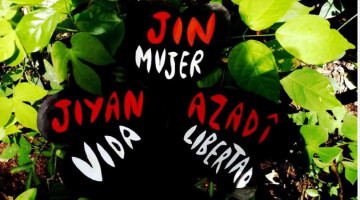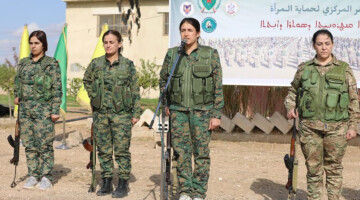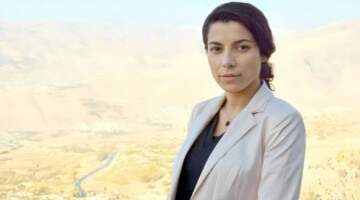The Peoples' Equality and Democracy (DEM) Party Şırnak MP Newroz Uysal spoke to ANF about the misogynist policies carried out in Kurdistan and the effects of the special war within these policies to ANF.
'Policies against women have many factors'
Newroz Uysal stated that the link between misogynist policies and the war is now seen concretely and said the following: “When we look at all cases of violence and sexual offences against women, they are never isolated cases or cases within the family. Of course, these policies against women have many factors. Some of them are the direct cause of each other or are reasons that affect each other, which are recognised in society or researched academically. However, at the heart of the anti-women policies in Kurdistan are the consequences of the war and conflict caused by the Kurdish question, which are mostly the results of factors coming from the state. Among these policies, special war is one of the most important factors.”
'Special war policies are intertwined with misogynist policies'
After the 2014 Collapse Plan, the war in Kurdistan was used as a main method of warfare, not as a side method, said Newroz Uysal and added that these policies were also reflected in Turkey. “In particular, there are many forms of orientation against women by law enforcement forces, soldiers, police, specialised sergeants or special operations forces, village guards and certain collaborator gangs of theirs. This includes sexual offences, drugs, prohibition of culture and language, and oppression of women, all of which have a form of reflection. The perpetration of these crimes and the impunity of their perpetrators according to their status is a reflection of special war policies. In all of these policies, the psychology created by the environment of violence and war, the rise of militarism in some places, racism in others, and the glorification of masculinity, together with the protection of women, children and society, is a reason that opens the door to special war. While these special war policies are intertwined with misogynist policies, it is actually the Kurdish society that is most affected by them. All societies in Turkey, of which this society is a part, are receiving a more widespread form of these misogynist policies. Today, the special war is intense in Kurdistan, but the reflections of this special war are also seen in Turkey.”
'The genocide regime aims to render women, nature and society as a whole without a will'
Emphasising that one of the most important ways of struggle is to define and expose the policies that the Turkish state systematically imposes on women and Kurdish society as genocide, Newroz Uysal said, “When we look at the mechanisms of this regime, every form of orientation against women, society, business life, education and youth, we need to put up a holistic, organised struggle, perhaps one that will strengthen our self-defence against these attacks. This genocide regime aims to render women, nature and society as a whole without a will and creating a will has come to the point of being the greatest defence against this regime. For this reason, I think it is the most important political and social consciousness to keep this regime’s method of implementation and consequences on the agenda, to expose it, to discuss it. Both we and several other circles are trying to do this in society through the press.”
'İmralı has become the centre of the state’s genocide regime'
Newroz Uysal drew attention to the fact that society will not be able to get out of the chaotic situation it finds itself in until the isolation of Kurdish leader Abdullah Öcalan is broken: “We can only come up with a democratic nation-based life against the anti-social, inhuman, militarist, racist, marginalising mind of this genocide regime through the realisation of these mechanisms. In order for this to happen, we can perhaps start by addressing the isolation in İmralı Island, which has become the centre of the state’s genocide regime and where it is put into practice. İmralı Island is a mechanism that has been turned into the dominant centre of all kinds of policies against women and society. Therefore, it is clear that we will not be able to break any of the cogs of this regime, this mechanism, without the destruction of the İmralı isolation mechanism.”
'We seek to enhance the universal women's struggle'
Underlining that the DEM Party Women's Assembly has put forward the greatest struggle and activism both in the fight against violence against women and in the confrontation of all the policies pursued by the AKP-MHP, Newroz Uysal said, “We started a campaign in 2024 and we said, ‘We insist on a free and equal life’. And under its subheadings, we started organising activities by saying ‘we are against wars, we organise, we resist against special war, we are against women's poverty’. And for the first time, as the DEM Party Women's Assembly, we held an organising conference to strengthen the organisation of women. One of our most important topics was to establish the politics of words against the rising war, against all wars. Again, we have a political line that does not reduce violence against women, the consequences of wars, and the policies of femicide, in which Kurdish women are also involved, to specifically Kurdistan and Turkey, but sees its universal dimension and seeks to enhance the universal women's struggle in the international sense in order to reveal a universal solution to this. At this point, we are trying to do this both diplomatically and by speaking out and making it visible from a place that unites and strengthens women's common struggle in actions. As the DEM Party Women's Assembly, we continue to make efforts both in the field and in theory in order to enlarge the organisation.”

